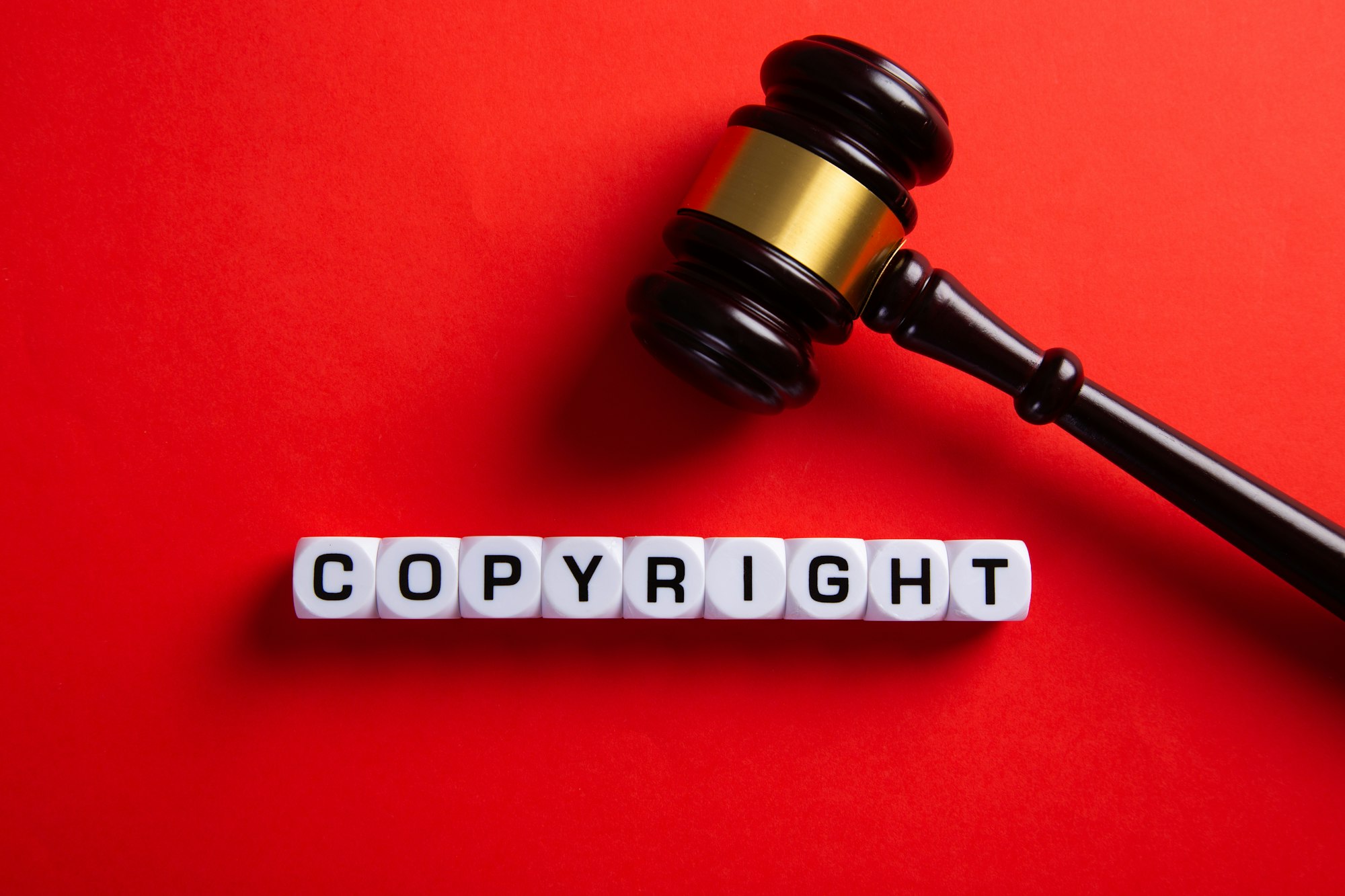A U.S. federal court has decided to let a copyright lawsuit against AI companies like Stability AI, Midjourney, and DeviantArt continue. This lawsuit, brought by artists Sarah Andersen, Kelly McKernan, and Karla Ortiz, is a big deal because it addresses how AI might be using artists’ work without permission.

What’s the Lawsuit About?
The artists claim that these AI companies have been using their artwork without asking, to help teach their AI systems how to create images. These AIs can then make new art that looks a lot like the work of these artists, which could be done without needing to pay or get permission from the artists themselves.
What Did the Court Say?
The court pointed out a few major points:
- Direct Copyright Infringement: The judge thinks there’s enough evidence to explore whether the AI companies used artist Andersen’s copyrighted work to train their AI without permission.
- Derivative Works and Fair Use: There’s a debate about whether the art created by AI counts as a new creation or just a copy of the original art. This needs more investigation. The AI companies argue that their AI-made art doesn’t exactly copy the original and might fall under fair use, which lets some copying slide under certain conditions.
- Promotion and Advertising: The way these AI companies talk about their tech’s ability to copy the style of specific artists without permission is also under scrutiny. This could infringe on the artists’ rights to control how their style and name are used.
What This Means for the Future
This lawsuit could lead to new rules on how copyright laws see AI, especially when it comes to using someone else’s art to train AI systems. It could change how AI companies operate and how they handle copyrights moving forward.
In short, this case is a big deal because it could change the rules for how AI tech uses artists’ work. It’s a key moment for understanding how old laws fit with new technology.

FAQs on the Landmark Copyright Case Against AI Companies
1. Why is this lawsuit significant for artists and AI companies?
This lawsuit is significant because it tackles the issue of whether AI companies can use copyrighted artwork to train their models without the artists’ permission. The outcome could set legal precedents that define how copyright laws apply to AI technologies, potentially changing how AI companies operate and how they interact with the creative community.
2. What is the main legal argument of the artists in this case?
The artists argue that the AI companies used their copyrighted works without authorization to train AI models. They claim that the AI-generated images can replicate their unique styles, effectively creating derivative works without proper compensation or licensing. This, they believe, constitutes copyright infringement.
3. How might this case affect the future of AI and intellectual property?
If the court rules in favor of the artists, it could lead to stricter regulations on how AI companies use copyrighted materials in their training datasets. This would likely require AI companies to obtain licenses or compensate artists for the use of their work, significantly impacting the way AI technologies are developed and marketed in the future.
Sources Reuter



Can you be more specific about the content of your article? After reading it, I still have some doubts. Hope you can help me.